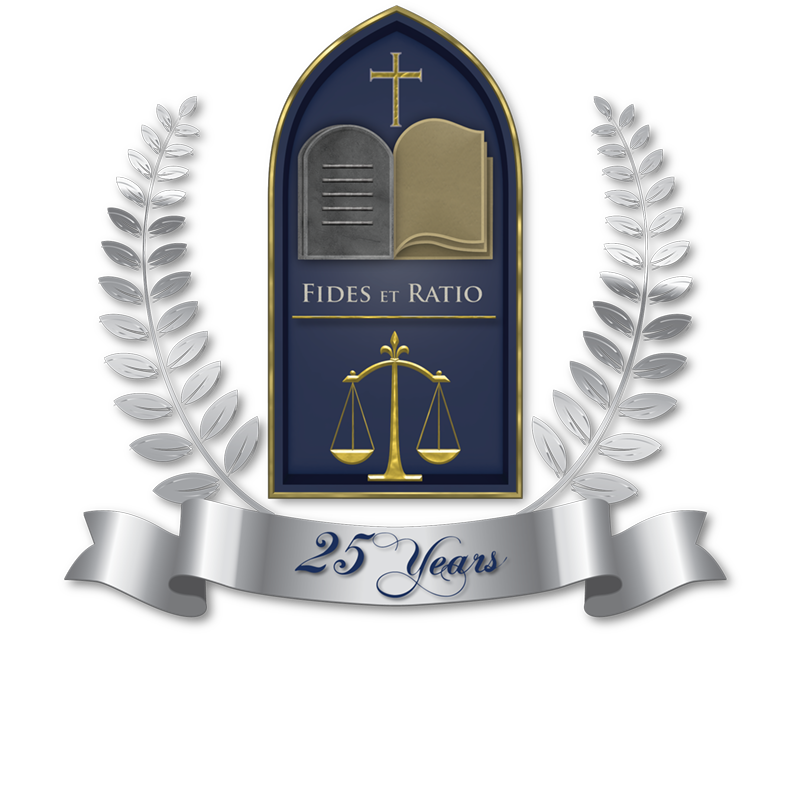What to Expect in Law School
Starting law school can be both an exciting and overwhelming experience. As a new law student, you may have many questions about what to expect during your studies. How should you prepare for classes and exams? What are the different types of legal writing assignments you will encounter? How can you make the most out of your time in law school?
Ave Maria School of Law provides quality legal education with a commitment to professional excellence with roots in Catholic intellectual tradition. Keep reading as we explore life during law school and provide valuable insights that may help you succeed in your legal education.
Law school is distinct from undergraduate studies, featuring more intricate and demanding coursework focused on examining, interpreting, and employing court cases to the law. Lectures are the primary teaching format, with professors using primary sources, like regulations, statutes, and court decisions, in their lessons. Assignments consist of case briefs, research papers, and memorandums, and the grading system is different from college, with higher grades given only to the best students.
How is Law School Different from College?
Law school and college are two vastly different experiences. Both focus on education, but the goals and expectations differ. Law school requires a new way of learning and thinking about legal issues.
-
- Length of the program: Law school typically lasts three years, whereas college can range from two to six years, depending on your degree focus.
- Dedication and focus: In college, you may have gotten away with skipping class or putting off assignments until the last minute. However, attendance is critical in law school, and every assignment must be completed on time to ensure you stay caught up.
- Curriculum Subject Matter: Law school courses are far more law-specific than most college courses. While college may have allowed you to take many classes to fulfill your requirements, law school will revolve around legal topics, such as contracts, property law, and criminal law.
- Fast-Paced Learning: In law school, learning, in general, is much more fast-paced than in college. The semesters are shorter, and the amount of work you are expected to complete is more significant. There are often fewer breaks and less downtime in between classes. Therefore, you need to stay on top of your coursework to succeed.
So, what is law school really like? It is an intense academic learning experience that requires a great deal of hard work and dedication. While college provides general education, law school is a specialized and focused field that requires more dedication and effort. Therefore, if you are considering pursuing a law degree, be prepared to do the work needed to succeed.
What to Expect from Your Law School Experience
Law school is a unique experience that can be both challenging and rewarding. With a rigorous course load and intense competition, law school requires a commitment unlike anything else. But with that commitment comes a fantastic opportunity to build your skill set and pursue your dreams of becoming a lawyer.
First Year of Law School
Most law schools have a highly-structured first-year curriculum designed to give students a basic understanding of all areas of the law. The primary purpose of law school is to teach students to think like a lawyer, and the LSAT is used to assess the critical thinking ability of incoming students.
Students in their first year of law school may be required to study contracts, torts, civil procedure, legal research, constitutional law, criminal law, property law, and legal writing.
Assignments and Coursework
A large portion of law school assignments involves reading court cases. Activities like research assignments, legal writing, and exercises like the moot court prepare students for the many facets of practicing law. The following are common assignment types you may encounter in law school:
-
- Reading Cases: Most assignments in law school consist of reading court cases and legal materials. You will learn to understand the court’s decision by recognizing the facts of the case and the legal issues presented.
- Research: Law school requires extensive research, and most courses require multiple research assignments. You will become familiar with various sources of legal authority, such as statutes, regulations, judicial opinions, and scholarly publications.
- Legal Writing: In addition to research assignments, you will likely write memos, briefs, and other documents related to the cases you are studying. You will also be evaluated on your ability to express your thoughts clearly and concisely.
- Moot Court: In Moot Court, students can improve their public speaking, writing, and problem-solving skills. A panel of judges assesses their performance in a fake courtroom, grading them on their ability to make and rebut legal claims.
It is important to remember that the more time you dedicate to preparing for class, the better prepared you will be to succeed in law school.
Law School Testing
One final exam is often the sole deciding factor of your grade each semester of law school, and although you might get some grades from assignments or mid-terms, there is little feedback along the way. These first-semester exams can be particularly intimidating since they typically involve complex questions that draw on all the concepts you’ve covered.
Law School Teaching Styles
Law schools are typically taught using two methods—the Case Method and the Socratic Method.
-
- The Case Method involves students reading cases and summarizing their content in “briefs” that include summaries of the facts, court decisions, and analyses. These briefs are often used as the basis for class discussions, which the professor leads.
- The Socratic Method involves the professor calling on students to answer questions about the assigned cases. This method allows the professor to test students’ understanding of the material and challenge their interpretations of the law.
Second and Third Years of Law School
The second and third years are different in that they allow students to focus on areas of law they may be interested in and develop expertise. In addition to core classes such as constitutional law, contracts, and civil procedure, law students may take courses related to environmental law, labor law, bankruptcy law, entertainment law, civil rights law, immigration law, and intellectual property law.
Some law schools specialize or are particularly strong in certain types of law. Ave Maria Law offers an extensive program in healthcare law, allowing students to explore all aspects of healthcare law through specialized courses and a faculty of seasoned practitioners.
Extra-Curricular Activities
Many law schools include experiential learning activities such as clinics, externships, and internships. These activities offer students the chance to apply their knowledge of the law and practice under the guidance of experienced attorneys. Clinics, externships, and internships provide valuable hands-on experience that can help students prepare for their careers after graduation. Talk to an adviser today to learn more.
START YOUR FUTURE TODAY AT AVE MARIA SCHOOL OF LAW
Our curriculum is designed to build upon the foundation of traditional legal education while also equipping our students with the skills necessary to understand and interpret the complexities of the law. With a focus on legal theory, practice, and advocacy, our graduates are well-equipped to face the challenges of today’s legal environment.
Consistently ranked as one of Princeton Review’s “Best Law Schools,” Ave Maria School of Law provides our students with an excellent traditional legal education while emphasizing how the law intersects with the Catholic intellectual tradition and natural law philosophy. Ave Maria School of Law’s curriculum is designed to ensure our graduates are well-prepared to practice law in whatever area of the profession they choose.
Image credit: Chinnapong / Shutterstock




